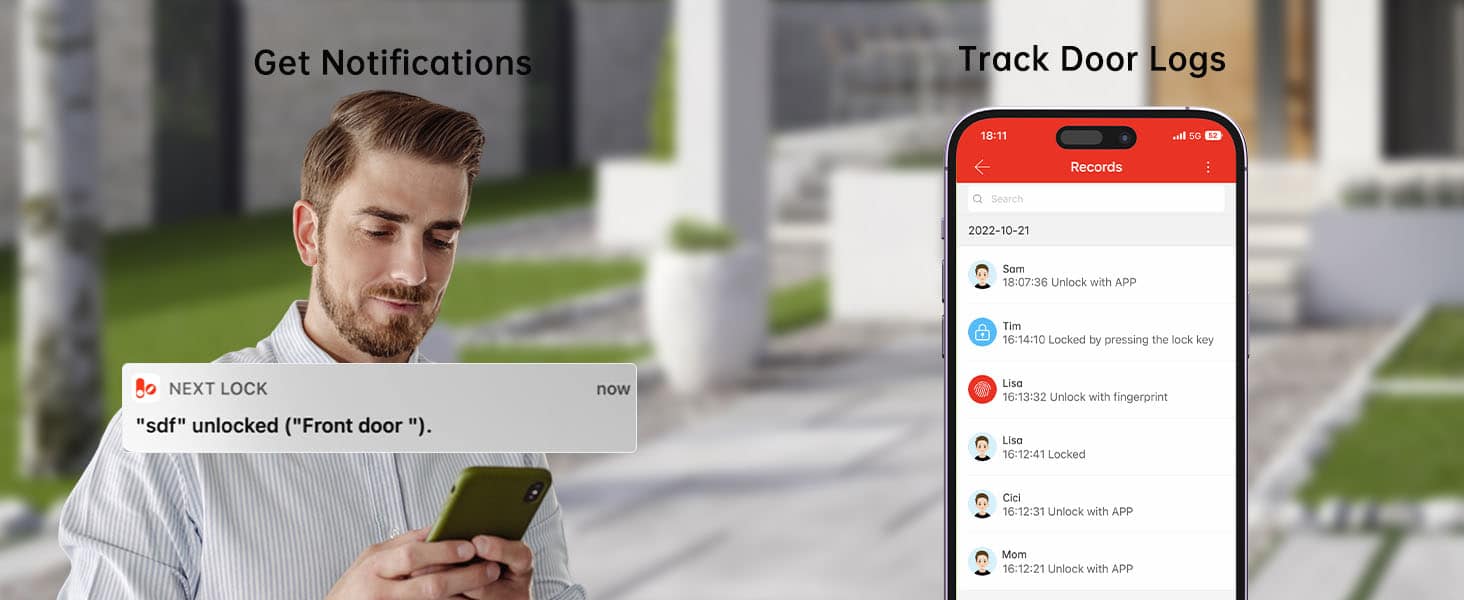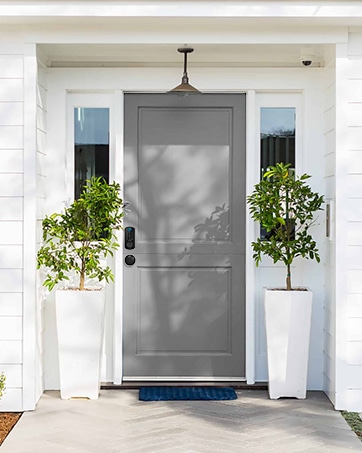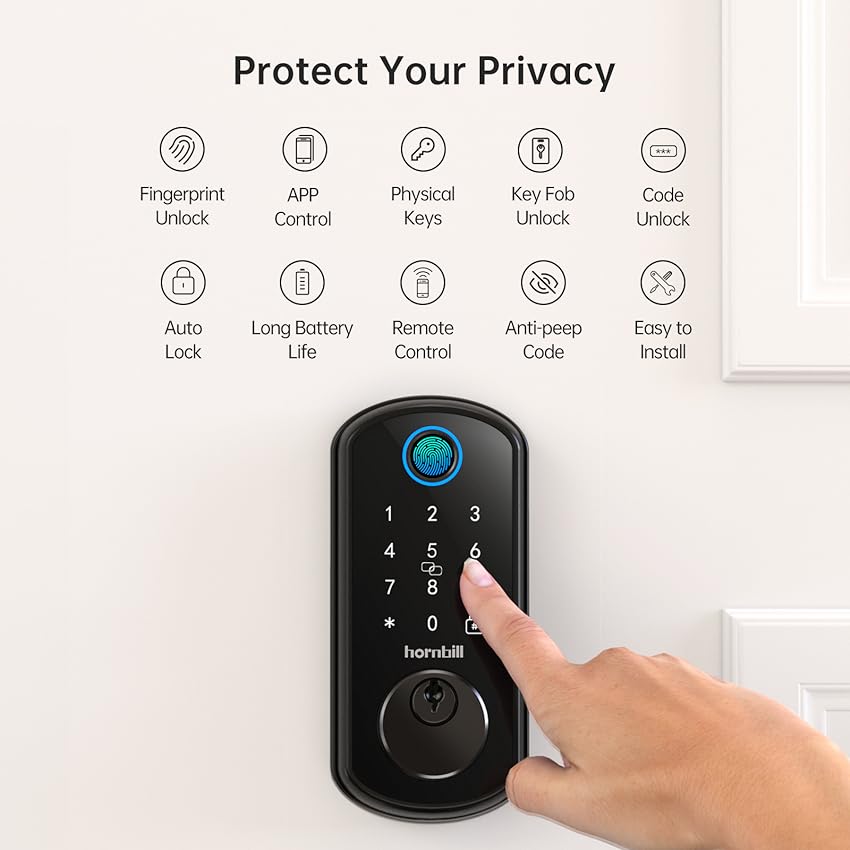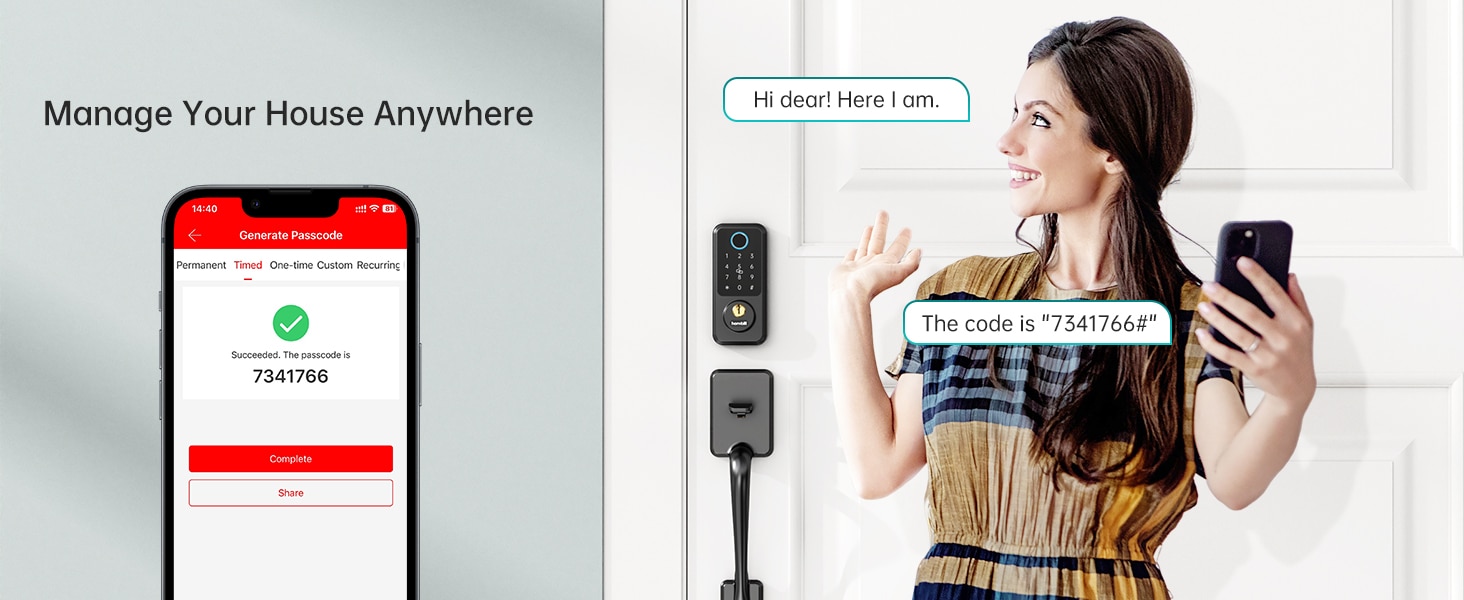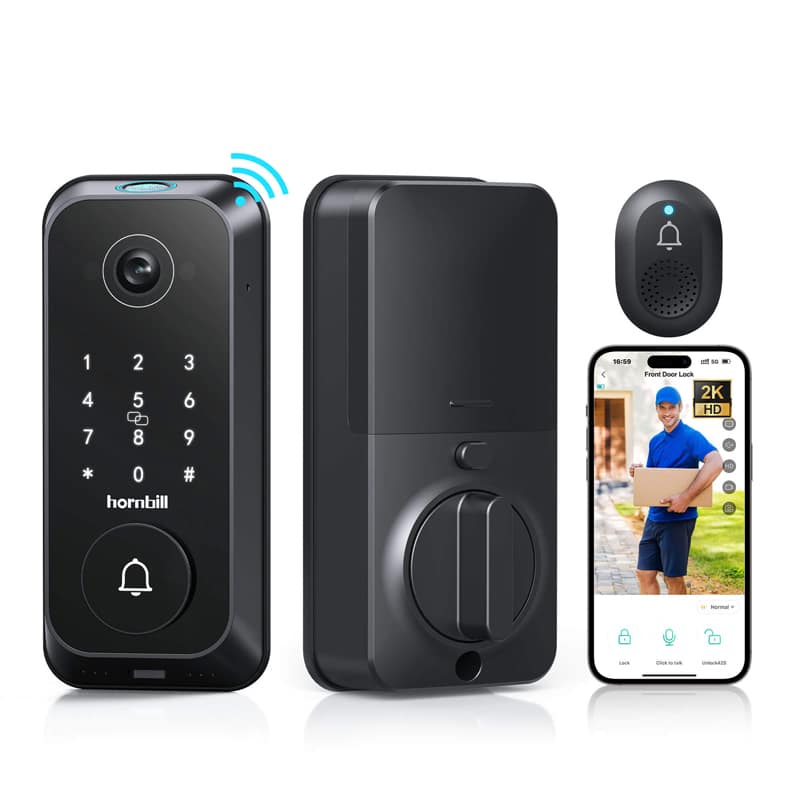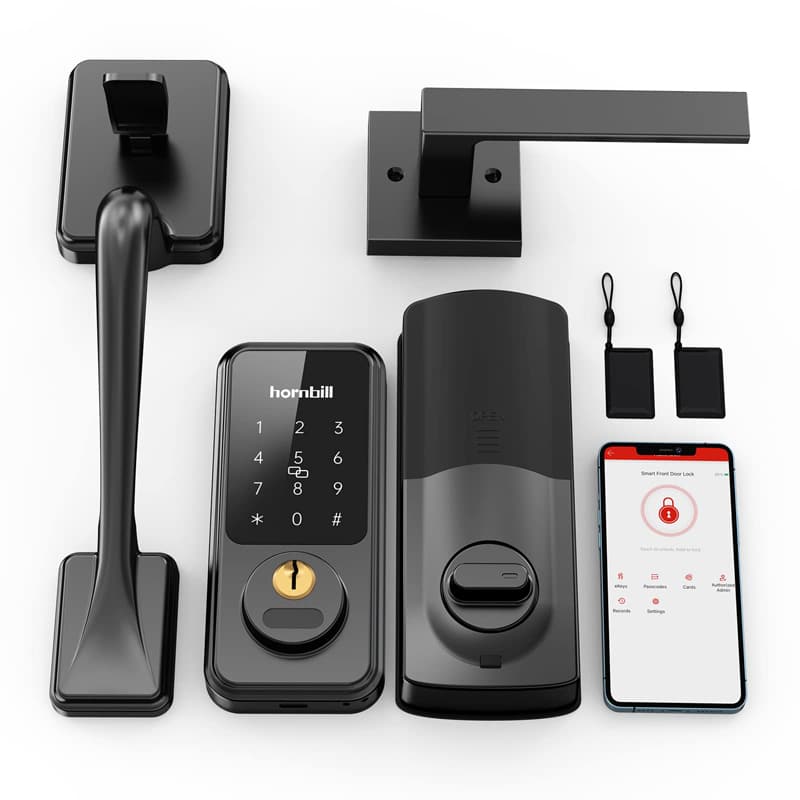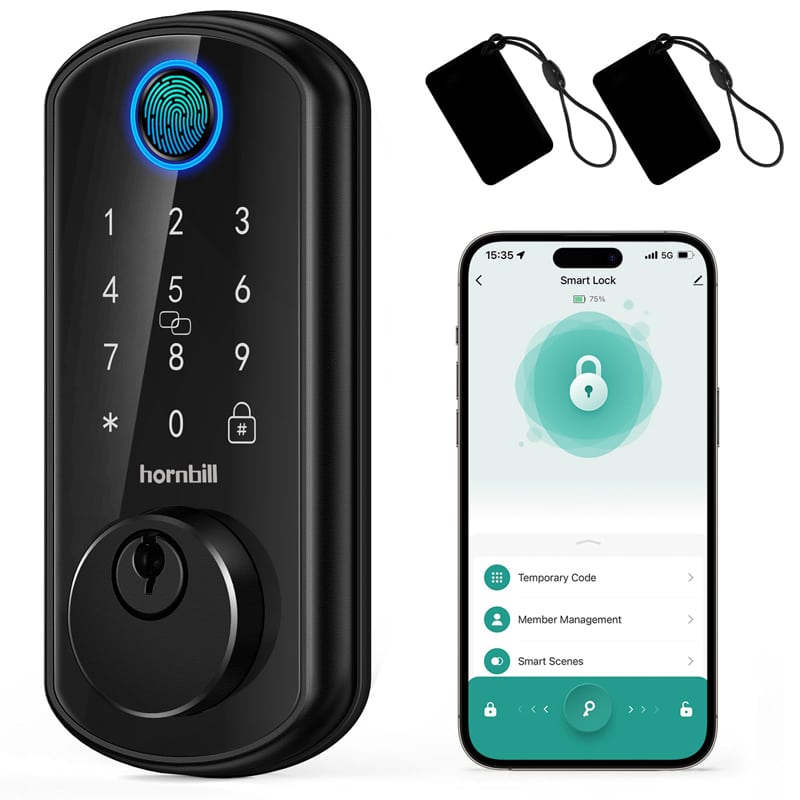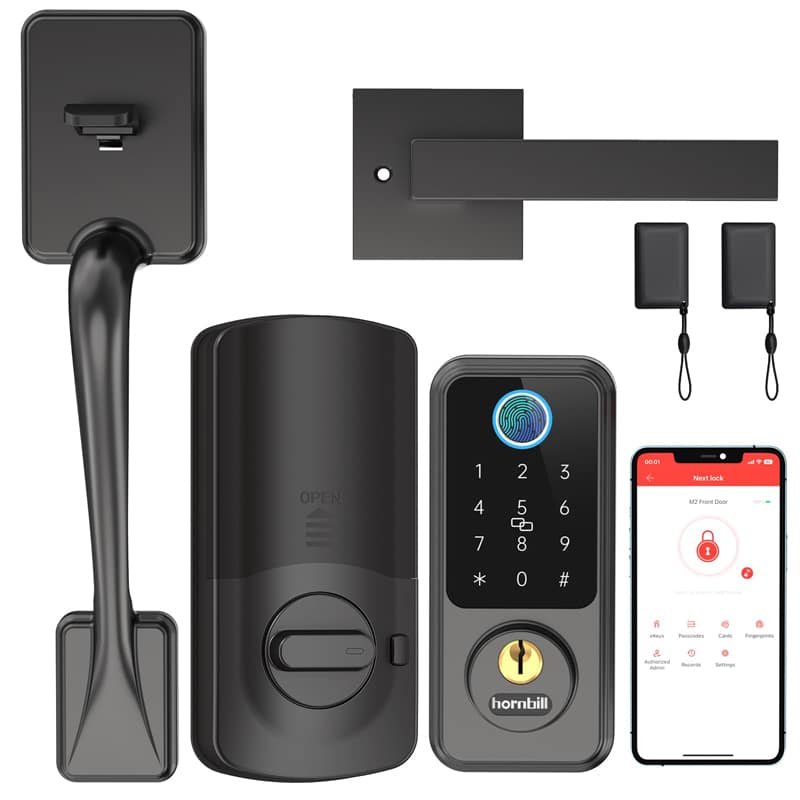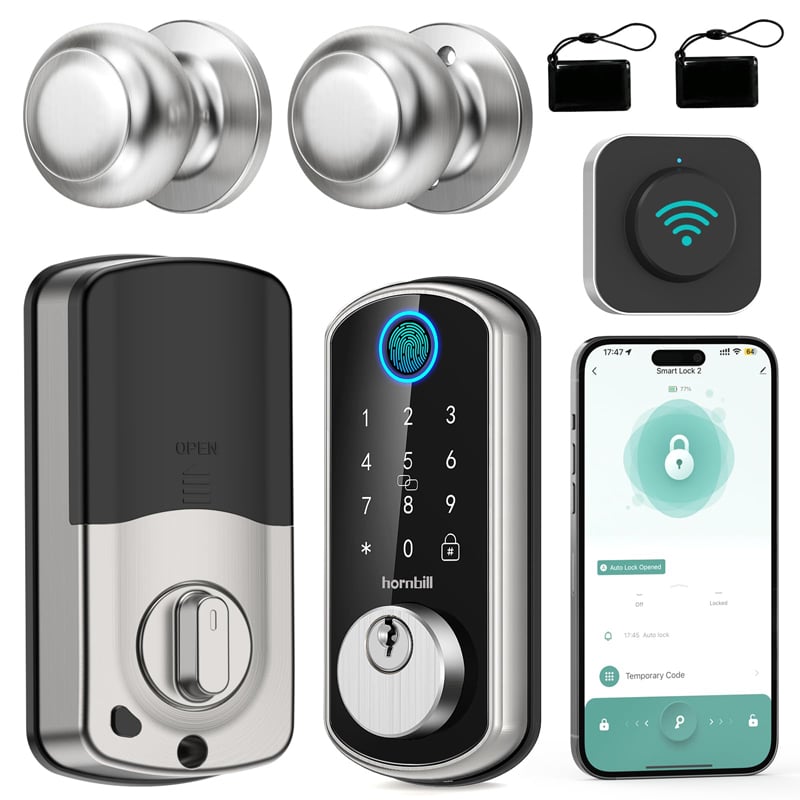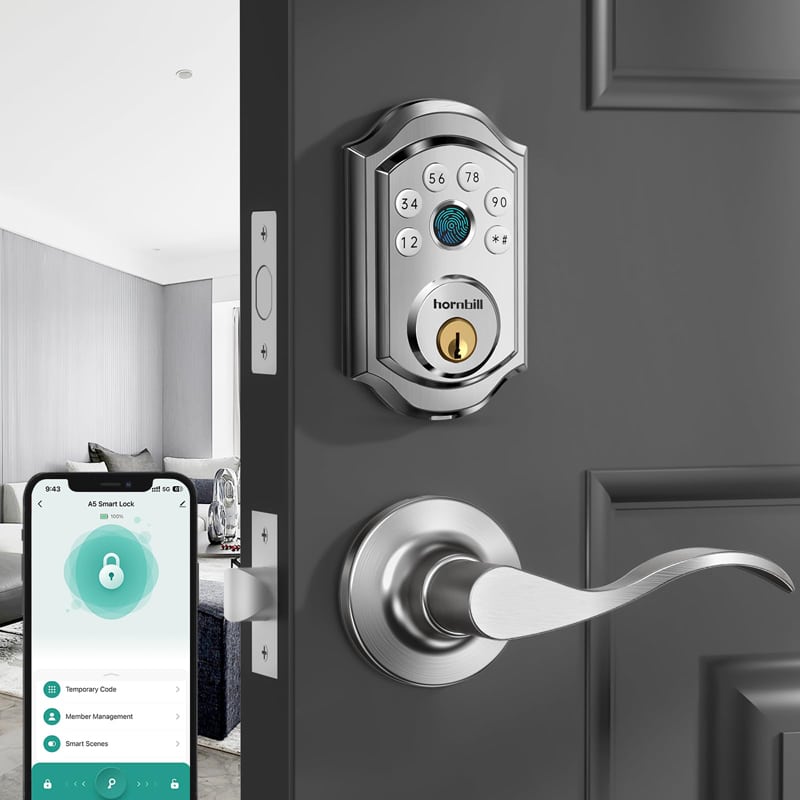The realm of home security has considerably broadened with the introduction of advanced technologies such as Bluetooth. A growing standard in this domain is the Bluetooth door lock system which combines the conventional assurance of locks with the vast capabilities of smart technology. This article seeks to explore the mechanism, advantages, and ever-growing relevance of Bluetooth door lock systems.
A Bluetooth door lock system operates by leveraging wireless communication technology in order to deliver enhanced home security. These systems employ Bluetooth Low Energy (BLE) technology, a power-efficient variant of Bluetooth, enabling door locks to communicate with authorized smartphone devices within its set range. Servicing as a wireless key, this technology ultimately delivers sophisticated home security integrated with convenience like never before.
In its operation, when an authorized smartphone with the corresponding app comes within range, the Bluetooth locks for doors detects its signal, verifies the authentication, and automatically unlocks the door. The user doesn’t need to remove the phone from their pocket or purse – the door simply unlocks as they approach.
One of the critical advantages of Bluetooth door lock systems is their convenience. The key-free approach ensures you no longer fear losing or forgetting keys. The smartphone-controlled locking mechanism is seamlessly integrated into your day-to-day routine, providing an effortless lock and unlock process.
Moreover, with Bluetooth door locks, security is impressively optimized. The fact that the lock can detect when the smartphone is in range and auto-lock or unlock the door ensures that your home remains secure even if you forget to lock the door manually. Furthermore, the ability to send guest keys to family or friends remotely adds another layer of security, allowing you to control who has access to your home.
The integration of Bluetooth door locks with smart home systems is another feature enhancing their appeal. These door locks can be synchronized with a myriad of other smart home devices, contributing to a holistic home automation experience. Occupancy sensors, surveillance cameras, and security alarms can all work in accordance with a Bluetooth door lock to create a secure and smart home environment.
A standout example of a Bluetooth smart door lock is the Schlage Sense Bluetooth Deadbolt. Known for its high-level security features, easy installation, and compatibility with multiple home automation platforms, it embodies what a modern Bluetooth door lock system should be, with features such as voice activation, auto-locking, and remote guest access.
In conclusion, Hornbill Bluetooth door lock systems are delivering a new age of home security, signaling an era where technological progress meets conventional security practices. As they continue to develop and incorporate more features, the future promises to be one where home security is not seen as an obligation, but as a beneficial aspect of everyday convenience.
Disclaimer: This article provides a general overview of why the US is a favorable market for smart locks. However, this does not guarantee success, as market performance can still be influenced by a variety of factors, including competition, product quality, and marketing strategies.

